LTW365 AI in Retail: how Estée Lauder Companies is reimagining the luxury retail space
Founded in 1946, The Estée Lauder Companies has an undeniable presence in the global beauty market. One in three women currently use at least one product from its portfolio of brands. The group is also behind one of the every two serums sold worldwide and it sells one unit of double wear foundation, from its eponymous make up brand, every 15 minutes.
Rather than allowing the scale of its market and legacy to hinder its innovation, Estée Lauder is using this to help it navigate a changing market. “We have a wealth of data from our 80 years in business,” Pernilla Nyberg, Senior Vice President & General Manager, UK & Ireland at The Estée Lauder Companies, told delegates at AI in Retail in London this week.
Through a partnership with Microsoft, Estée Lauder is using AI to create consumer profiles.
AI is also helping the beauty giant to identify which products from its vast catalogue meet the demands of current trends with its Trend Studio.
The tool scrapes social media for trending styles and matches these to products from Estée Lauder brands, which its marketing teams can then highlight to consumers - particularly for its make up brands.
“Make up is so fast moving,” Nyberg said. The tool can even provide the company’s marketing team with the starting point for a new campaign.
However, Nyberg was keen to stress that it will not be replacing these teams. “AI is progressing so rapidly but it won’t replace our creativity and innovation,” she added.
Instead, Estée Lauder is focusing on how AI can remove inefficiencies within teams. She used the example of photo cropping - which was previously a very time consuming task for marketeers. “The dimensions that work on TikTok won’t work in stores,” Nyberg explained. With AI, much of this cropping and resizing of campaign images can be completed more efficiently.
Nyberg was also keen to stress that Estée Lauder’s advertising would always include real people but noted that AI was helpful for finishing product images and adding backdrops.
Despite the dominance of e-commerce, 50% of beauty products in the UK are still sold in physical stores. “It’s really important to have synergy between web and stores,” Nyberg commented. “With everything available online now, we have to give people a really good reason to come into our stores.
“But we have a secret weapon - since our inception we have always had beauty advisors at every point of sale.”
AI in stores and concessions
Much like Estée Lauder’s approach to its office staff, it is using technology to support rather than replace its retail staff. At its make up counters, beauty advisors can use new technology to assist customers selecting shades.
At skincare brand Clinique, it has new diagnostic tools to help them choose appropriate products. Its Aveda hair care brand is using scalp analysis tools to help customers select products addressing their concerns.
Personalisation is another key trend, which Estée Lauder is bringing to both its website and stores. For its Jo Malone fragrance brand, the company installed a vending machine at the Trafford Centre in Manchester. The machine allows consumers to create their own bespoke fragrance.
Nyberg also shared that Estée Lauder is currently piloting the use of AI to redesign its travel stores and concessions. “We hope this will speed up the process of store design,” she said. “That will translate to all of our points of retail at some point.”
The coming months will certainly be interesting for the conglomerate, with new technology touching all parts of the business alongside plans to celebrate its 80th anniversary next year.
“The world is moving very quickly,” Nyberg added. “We want to preserve our creativity but these tools can help us keep up.”
RTIH AI in Retail Awards
RTIH proudly presents the first edition of its AI in Retail Awards, sponsored by 3D Cloud and EdTech Innovation Hub.
This is now open for entries. Deadline for submissions is Friday, 5th December. It’s free to enter and you can do so across multiple categories.
Check out categories and entry forms here.
As we witness a digital transformation revolution across all channels, AI tools are reshaping the omnichannel game, from personalising customer experiences to optimising inventory, uncovering insights into consumer behaviour, and enhancing the human element of retailers' businesses.
With 2025 set to be the year when AI and especially gen AI shake off the ‘heavily hyped’ tag and become embedded in retail business processes, our newly launched awards celebrate global technology innovation in a fast moving omnichannel world and the resulting benefits for retailers, shoppers and employees.
Our 2025 winners will be those companies who not only recognise the potential of AI, but also make it usable in everyday work - resulting in more efficiency and innovation in all areas.
Winners will be announced at an evening event at The Barbican in Central London on Thursday, 29th January. This will kick off with a drinks reception in the stunning Conservatory, followed by a three course meal, and awards ceremony in the Garden Room.







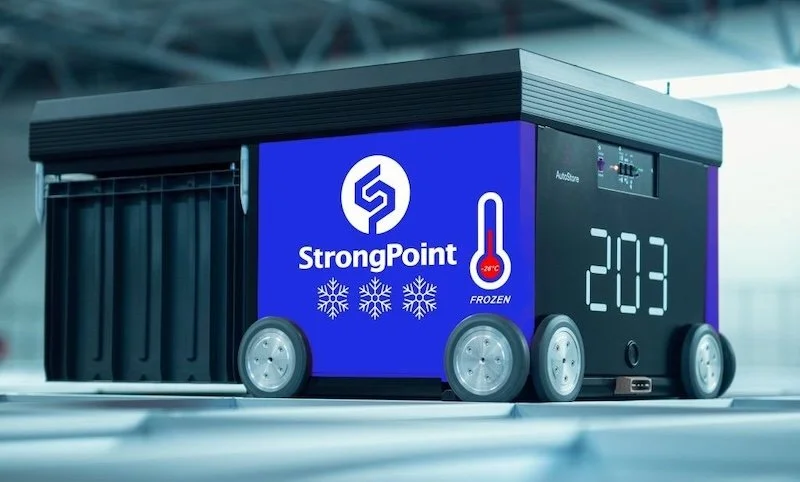

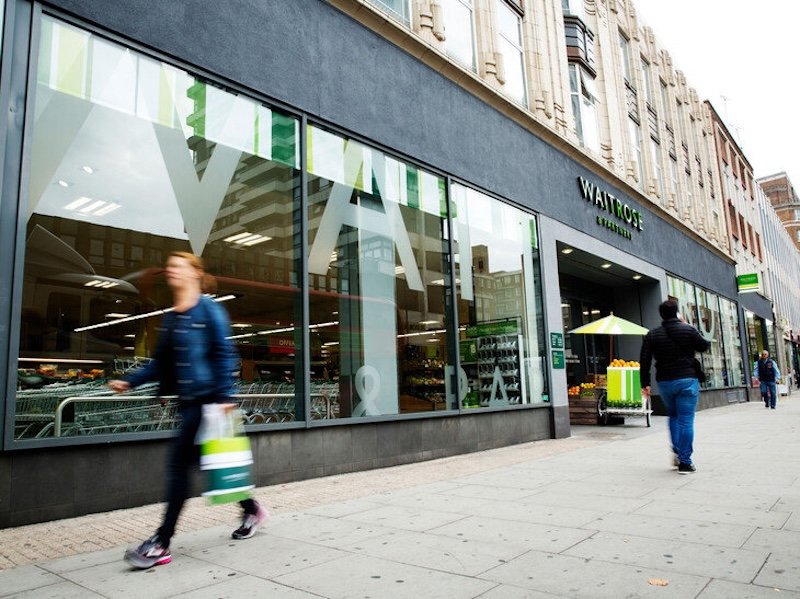


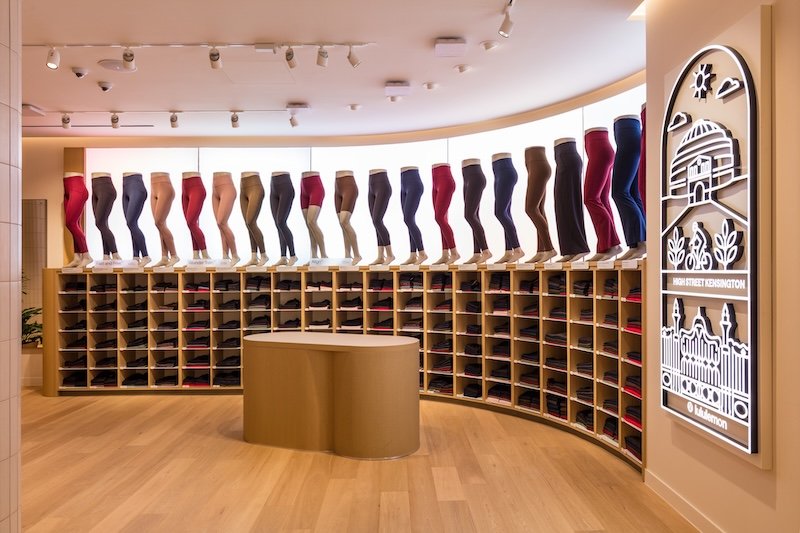



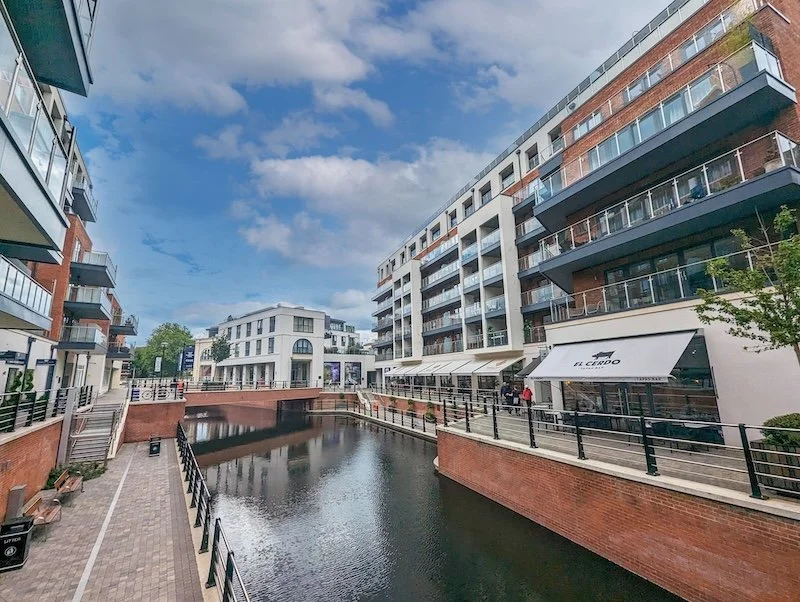
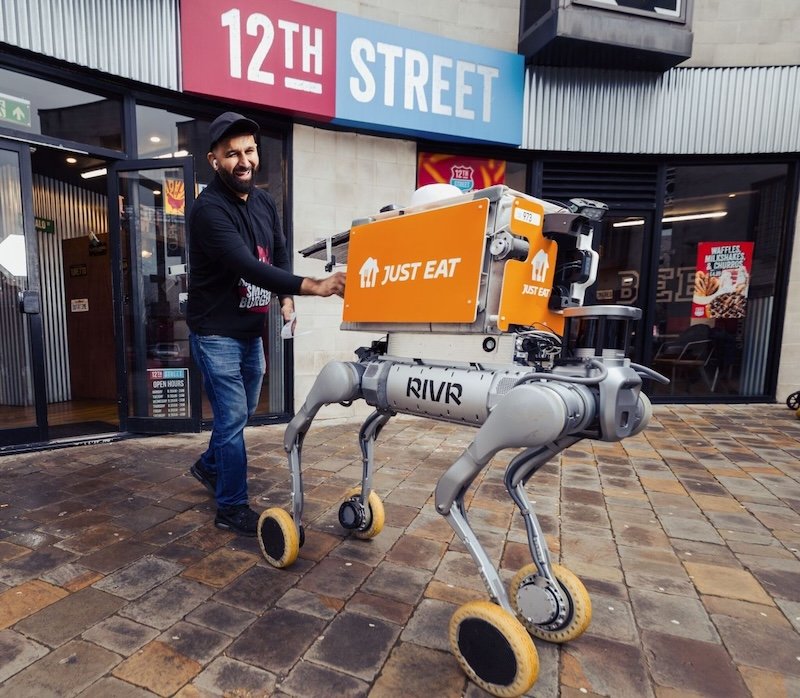



Continue reading…